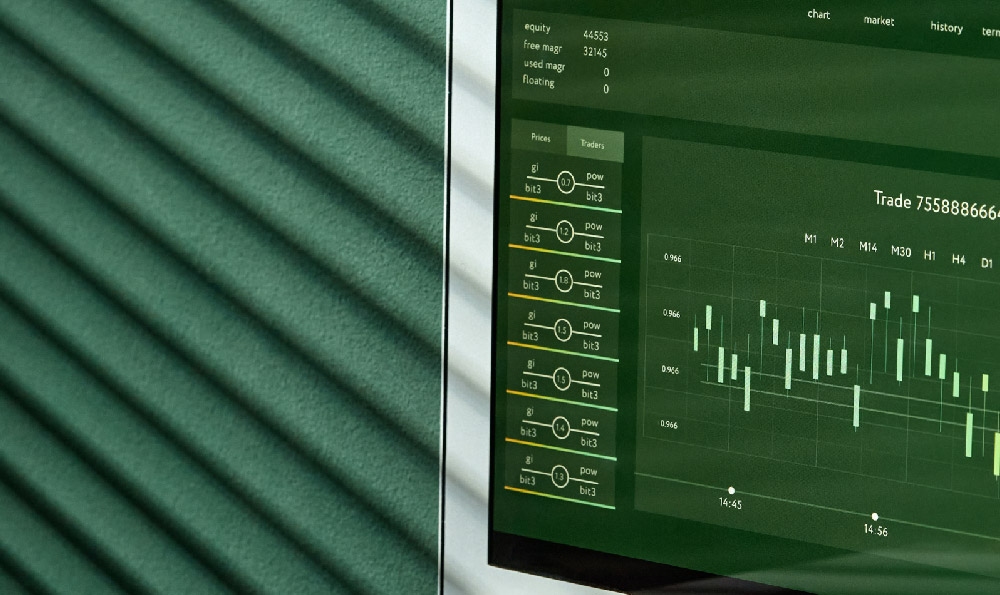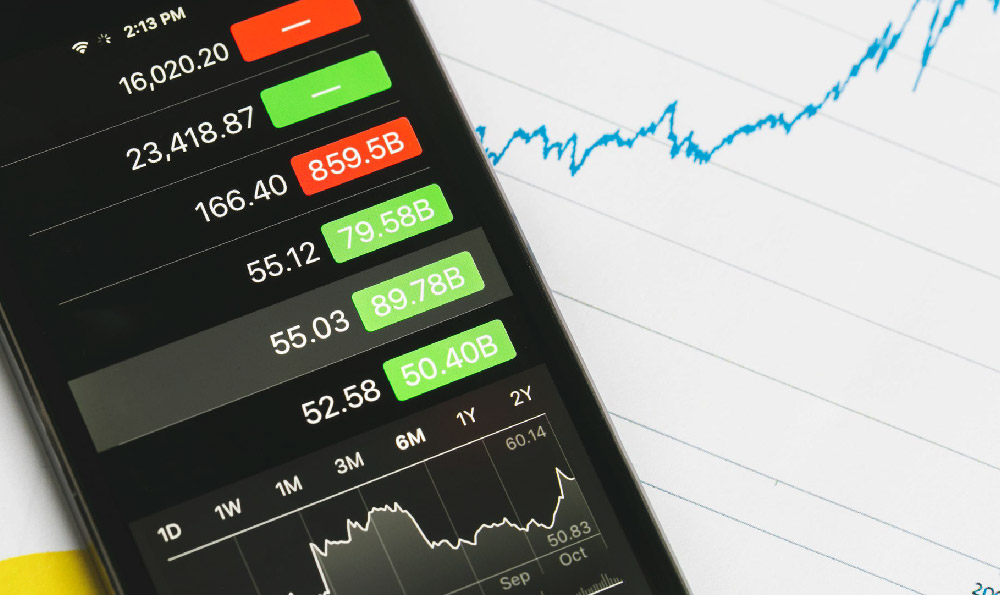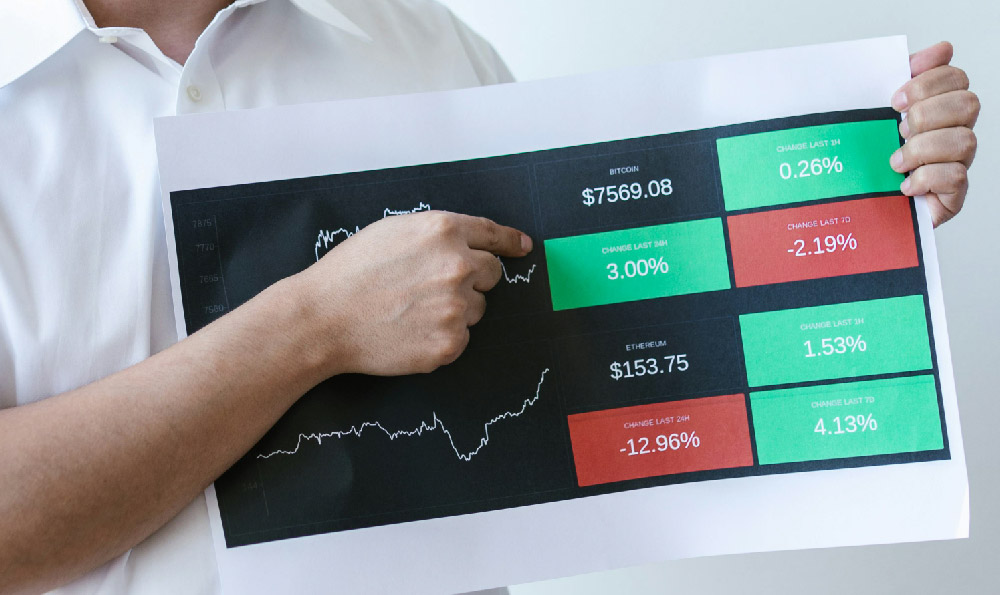Here's an article based on the provided title, aiming for a comprehensive exploration without relying heavily on enumerated lists or overly formal phrasing:
Can Forex Trading Be Your Path to Riches? Examining the Profitability of Currency Exchange
The allure of currency trading, often referred to as Forex, is undeniable. Images of individuals making fortunes from their laptops, navigating the fluctuating values of global currencies, are pervasive. But can Forex trading really pave the road to riches? And more importantly, is it a consistently profitable endeavor for the average investor? The answer, as with most things in the financial world, is complex and nuanced. While the potential for significant gains exists, it's crucial to understand the inherent risks and the demanding skill set required to succeed in this dynamic market.

The Forex market, by its very nature, is incredibly appealing. It's the largest and most liquid financial market in the world, operating 24 hours a day, five days a week. This accessibility is a double-edged sword. On one hand, it provides flexibility, allowing individuals to trade at times convenient for them. On the other hand, this constant availability can lead to over-trading and impulsive decisions, particularly for novice traders.
The promise of high leverage is another significant draw. Forex brokers often offer substantial leverage, allowing traders to control large positions with relatively small amounts of capital. While leverage can amplify profits, it also magnifies losses exponentially. A seemingly small adverse movement in the currency pair can quickly erode your initial investment, potentially leading to significant debt. Therefore, understanding and managing leverage is paramount to survival and success in Forex trading. It's not uncommon for inexperienced traders to be drawn in by the lure of large potential gains, without fully comprehending the amplified risk they are taking. Responsible risk management is not just a suggestion; it’s an absolute necessity.
Profitability in Forex trading isn't simply a matter of luck. It requires a combination of factors, including a deep understanding of macroeconomic principles, technical analysis skills, and a disciplined trading strategy. Successful traders spend countless hours studying economic indicators, analyzing charts, and developing trading systems that align with their risk tolerance and financial goals. They understand that currency values are influenced by a myriad of factors, including interest rate differentials, political events, and global economic trends.
Technical analysis, which involves studying price charts and identifying patterns, is a crucial tool for many Forex traders. Indicators like moving averages, Fibonacci retracements, and oscillators are used to predict future price movements and identify potential entry and exit points. However, it's important to remember that technical analysis is not foolproof. Markets can be unpredictable, and past performance is not necessarily indicative of future results. A reliance on technical analysis alone, without considering fundamental factors, can lead to flawed trading decisions.
A well-defined and rigorously tested trading strategy is the cornerstone of consistent profitability. This strategy should outline specific entry and exit rules, risk management parameters, and position sizing guidelines. It should be based on a thorough understanding of market dynamics and should be adaptable to changing market conditions. Backtesting the strategy on historical data can provide valuable insights into its potential performance and help identify areas for improvement. More importantly, the trader must stick to the strategy, even when faced with losses. Emotional trading, driven by fear or greed, is a common pitfall that can quickly derail even the most well-designed strategy.
The psychological aspect of Forex trading cannot be overstated. The constant pressure of managing risk, making quick decisions, and dealing with inevitable losses can be emotionally draining. Successful traders possess a high degree of emotional intelligence and are able to remain calm and rational in the face of adversity. They understand that losses are a part of the game and are able to learn from their mistakes without allowing emotions to cloud their judgment. Developing a strong mental fortitude is just as important as acquiring technical skills.
Furthermore, the Forex market is susceptible to scams and fraudulent schemes. Unscrupulous brokers may use manipulative tactics to encourage trading activity, profiting from the commissions generated by their clients' losses. It's crucial to choose a reputable and regulated broker that is subject to strict oversight. Due diligence is essential; research the broker's history, check for regulatory licenses, and read reviews from other traders. Avoiding brokers that promise guaranteed profits or offer unrealistic leverage levels is a prudent approach.
So, can Forex trading make you rich? The answer is yes, potentially. However, it's a challenging and demanding pursuit that requires a significant investment of time, effort, and capital. It's not a get-rich-quick scheme, and the vast majority of retail Forex traders lose money. Before venturing into the Forex market, it's essential to educate yourself thoroughly, develop a sound trading strategy, and manage your risk responsibly. Consider starting with a demo account to practice and hone your skills before risking real capital.
Ultimately, the profitability of Forex trading depends on your individual skills, discipline, and risk tolerance. It's not a path for everyone, but for those who are willing to put in the work and approach it with a realistic mindset, Forex trading can offer the potential for financial reward. But remember, treat it as a serious business, not a gamble. Approached with caution and informed strategy, the Forex market can be a tool, but without that, it's a likely path to financial hardship.












